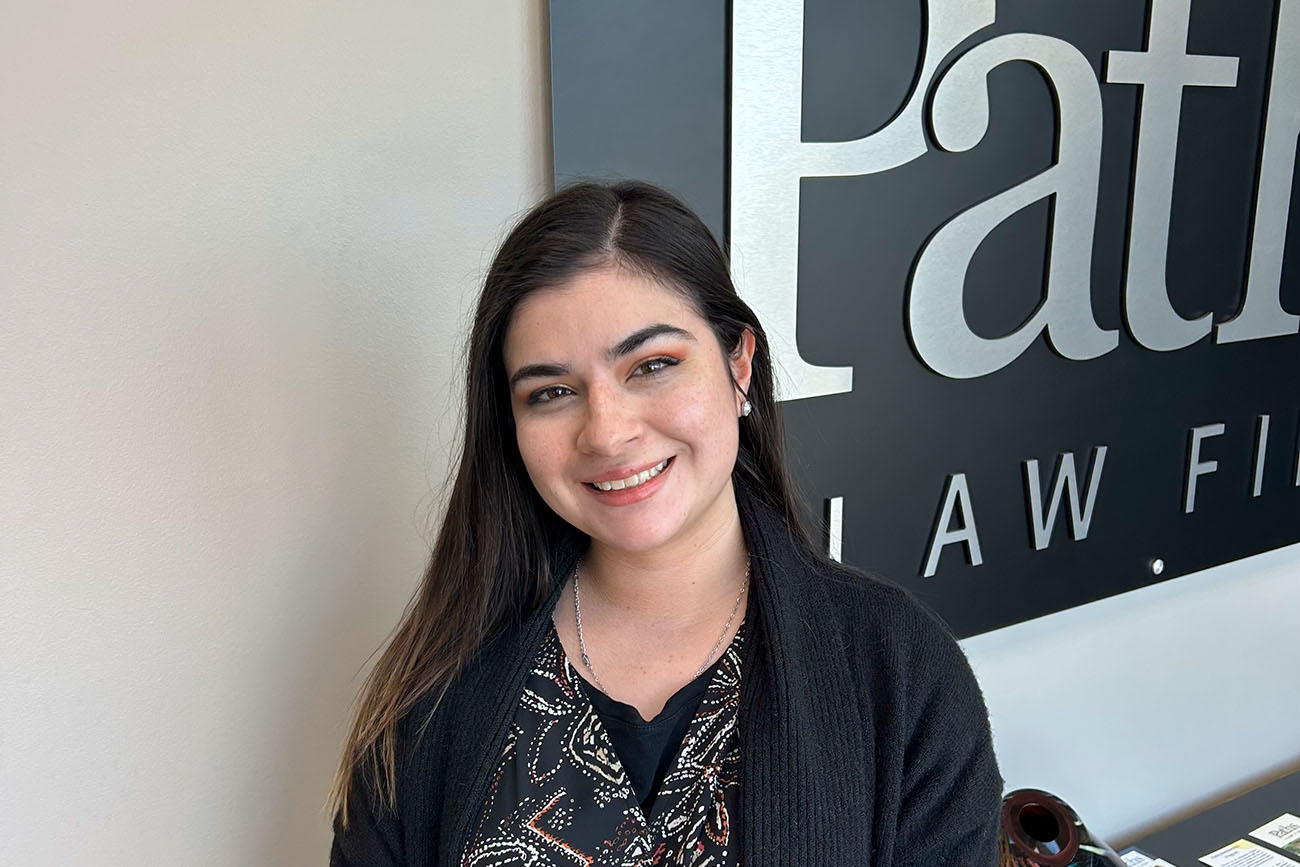When a couple marries, they may already have children from previous marriages or relationships. As everyone combines under one household, the result is called a blended family.
This union can be a joyous and rewarding one. However, there are challenges. Estate planning for such families is usually more complicated. Today, we’re taking a quick look at how you can simplify the process.
Key Points to Consider
With a blended family, there are multiple children to consider. At least one parent will have offspring who are not biologically related to their new spouse.
Outlining what will happen to a combined estate, there are critical questions to ask. These include:
- How will each child be accounted for?
- Who will be selected as a guardian if something were to happen to the parents?
- To whom and how will the assets and funds be distributed?
Establishing a Family Trust

Traditionally, one spouse will want to give the entirety of their estate the other spouse. However, that method isn’t always an option in a blended family. Spouses will understandably want to ensure their biological children receive the child’s fair share of the inheritance should that parent be the first to die.
To this end, many couples in blended families decide to establish family trusts as safeguards. There are three parties involved in this plan, including:
- The Grantor
- The Trustee
- The Beneficiaries
The grantor creates the trust and transfers assets by changing the title to the assets into the name of the trust. The trustee manages the trust and distributes assets based on the needs of each child as set forth by the terms written by the grantor in the trust. The beneficiaries are the individuals who receive a financial benefit from the trust assets.
A family trust helps to make the asset distribution process fair and even. This helps minimize disagreements down the road. Other options to simplify estate planning for blended families include:
- Marital Trusts: Transfers assets to your surviving spouse, tax-free
- Immediate Bequests: Designates assets for each child within your will
- Outright Ownerships: Transfers assets to your surviving spouse without establishing a trust
Work With an Attorney for Blended Family Estate Planning
There are benefits and drawbacks to each of the plans described above. As you evaluate all of the different factors, it’s important to work with a professional who’s well-versed in the legal sector.
An experienced estate planning attorney will understand all of your available options and can point you in the direction of the smartest solution for your needs.
At Paths Law Firm, we provide a range of legal services for Missouri and Kansas residents, including estate and business planning, elder law, and probate counsel. Contact our office today to learn more about how we can help.
This next step is an important one, so let’s take it together.



































